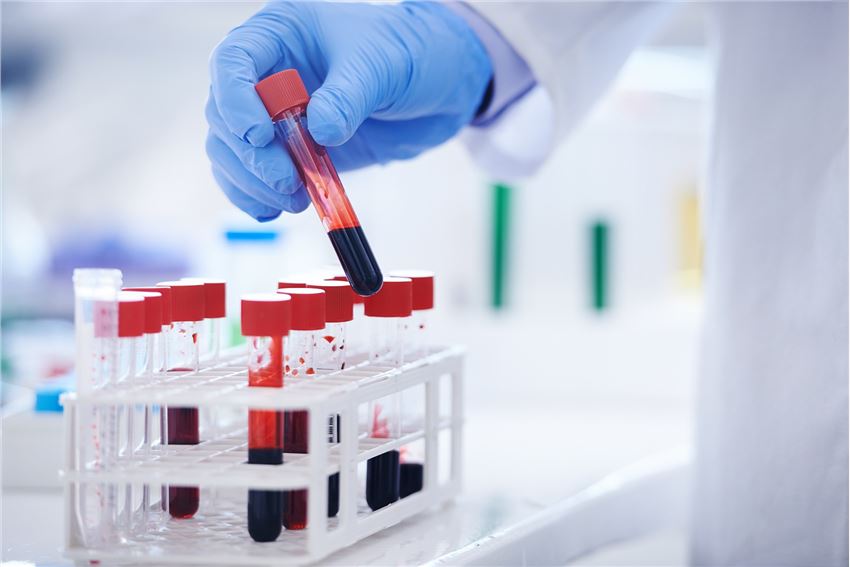Pharmacokinetic (PK) parameters are one of the important indicators for evaluating the quality of veterinary drugs, and are the main basis and tools for drug formulation studies.
Our company provides professional PK testing services for veterinary drugs. We provide scientific and rational test design and comprehensive evaluation of test results according to the characteristics of different drugs and with reference to technical guidelines.
Learn About Our Veterinary PK Service
Our company's clinical PK service is the study of the absorption, distribution, metabolism, and excretion patterns of new veterinary drugs in target animals, and the determination of the quantitative patterns of drug changes in animals over time, with the aim of obtaining the PK parameters of new veterinary drugs in target animals through tests.

The details of the service are as follows:
- Summarize the PK processes of veterinary drugs, including the rate and extent of drug absorption, whether absorption is affected by food, plasma protein binding rate, bioavailability, apparent volume of distribution, metabolic processes, effect on hepatic drug enzymes, presence of hepatic-intestinal circulation, excretion pathways, drug half-life, etc.
- To study the relationship between drug absorption and metabolism and dose, the range of linear relationship, etc.
- To study the PK characteristics of target animals with respect to rodent and non-rodent species.
- Compare the test results with the relevant literature and attention should be paid to the correlation between the results of each study.
The trial projects specifically include:
- Single dose PK studies.
- Multiple dosing PK studies.
- PK study of the effect of feeding on oral drug formulations.
- PK studies of drug metabolites.
- Drug-drug PK interactions.
Samples and Analytical Methods
Biological samples are usually obtained from whole blood, serum, plasma, urine waves, or other tissues and are characterized by small sample sizes, low drug concentrations, interference from endogenous substances (e.g. hormones, vitamins, bile and other drugs that may be taken together) and individual differences. Therefore Our company establishes sensitive, specific, accurate and reliable methods for the quantitative analysis of biological samples, and corroborates the methods.

Common analytical methods
- Chromatographic methods: Gas chromatography (GC), high-performance liquid chromatography (HPLC), chromatography-mass spectrometry (LC-MS, LC-MS-MS, GC-MS, GC-MS-MS), etc., can be used for the detection of most drugs. Chromatographic methods are generally preferred for the analysis of biological samples.
- Immunological methods: Radioimmunoassay, enzyme immunoassay, fluorescence immunoassay, etc., mostly used for protein-peptide detection.
- Microbiological methods, which can be used for the determination of antibiotic drugs.
For more information, please feel free to contact us.
Related Solutions
It should be noted that our service is only used for research, not for clinical use.


